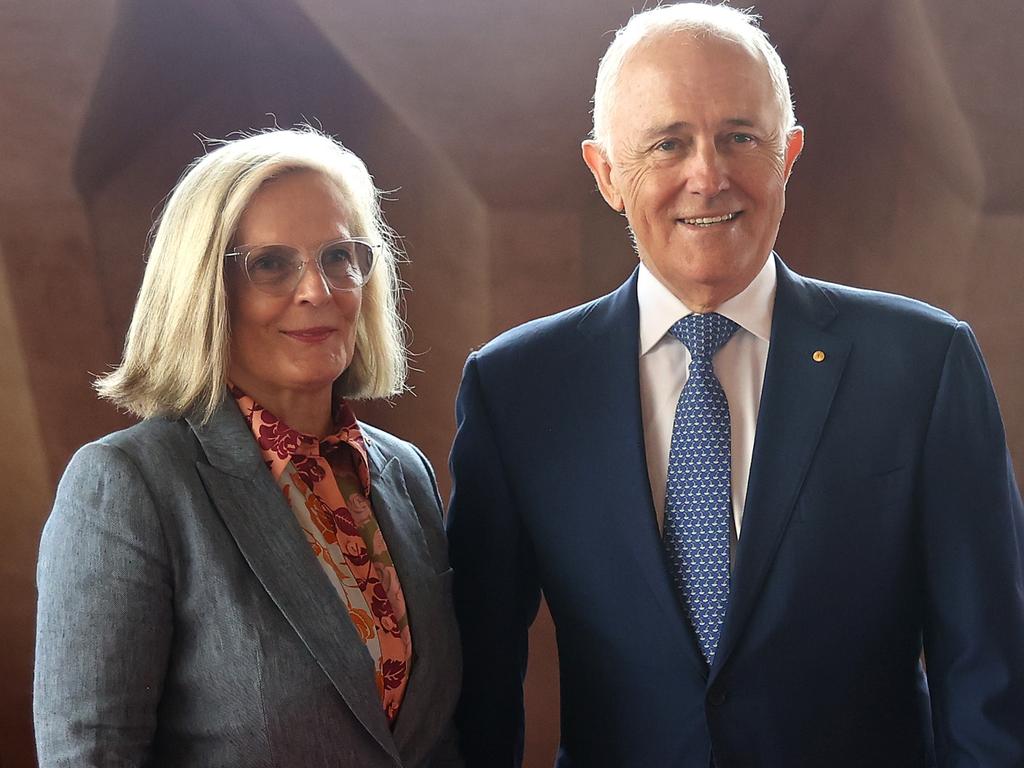Dishing out Scyne slice to ‘partners’; the high cost of oil exit

They were dark times, the months leading up to the launch of Scyne Advisory. Few partners from PwC were willing to join the consulting experiment when it was first mooted, and that’s despite the cajoling and buttering up, the softly worded hints of dazzling enticement.
Jumping ship, after all, would have meant relinquishing the financial perks that only a partnership structure tends to afford – and there is no partnership structure at Scyne. Well, not officially, anyway.
But it looks like Scyne has found a workaround to that, offering employees – or “partners”, as they’re known – access to a management equity plan that’s already seen $9m in stock allocated. That’s all coming from a pool of 8.6 million shares that staff bid into, which eventually gives them a slice of Scyne itself, the equity dished out by the firm’s private equity owners at Allegro Funds.
Remember, these are the folk that bought Scyne for a buck!
We’re hearing most of the, ah, partners have opted into the scheme. A further 500,000 non-voting shares have also found their way to the directors. We can only presume that includes Scyne’s chair, John Mullen, formerly of Telstra and currently of Treasury Wines and Brambles. The corporate regulator was notified of the MEP a fortnight ago and a spokesman for Scyne declined to comment.
Think of it as a pseudo-partnership, or maybe it’s more like an extension of Scyne’s broader remuneration structure, the MEP basically being an addition to the standard grab bag of long-term incentives.
As for what’s actually owned by Scyne’s executives? It’s all locked up in two Perpetual nominee companies. You guessed it – it means few people, if anyone, will have much insight into individual ownership.
Costly oil exit
Hearings have started in the Supreme Court case between oil and gas veteran Ayten Saridas and her former employers at Oil Search, they who stand accused of gross governance failures and fobbing off the need for market disclosures, among other sins.
Saridas was hired as the CFO-designate in mid-2020 but quit after taking one look at Oil Search’s books and smashing the glass on every alarm within reach. So untenable had her position become – there was a massive falling out with then-CEO Kieran Wulff – that she vacated the position after just four months.
She’s suing because of rumours that circulated post departure alleging that rather than quitting the job of her own accord she’d actually been sacked, and apparently this scuttlebutt cost her some lucrative job opportunities in the years following. You can see where the damages claim is heading, then.

And Saridas, it turns out, has some influential backers. Margin Call hears one of them was Barrenjoey Capital CEO Matthew Grounds, who is said to have enthusiastically recommended her for a CFO job at Andrew Forrest’s Fortescue Metals Group last year. Grounds was contacted for comment but couldn’t be reached.
Interesting timing, that nugget of information, considering Saridas would have been angling for the role while Christine Morris was being considered for it, too.

Morris got the job but ended up quitting Fortescue in August, beginning an exodus that saw CEO Fiona Hick walk away later that week.
Any chance Saridas missed out because of the rumours out of Oil Search? Any claim for damages would have to note the salary usually given to FMG’s chief financial officers. According to the company’s annual reports, the starting package is well north of $1m.
AWAG upheaval
Barely two months after listing the shop there’s already some (welcome) upheaval in the boardroom of Australian Wealth Advisors Group. The funds management firm led by Lee IaFrate has already fast-roped up the share register of E&P Financial group and grabbed 8.37 per cent of the company.
That came within weeks of AWAG hanging up its shingle on the ASX.
Along for the ride has been David Slack, creator of Portfolio Partners. He’s on the share register and has been acting as an adviser to the board. But no longer! On Thursday he’ll be announced as a non-executive director at AWAG, effective immediately, with the usual condition that he’ll stand for election at the AGM later this year.
It puts him at the table with former AFL chairman Mike Fitzpatrick, Baron Partners founder Paul Young and former Lonsdale Financial Group CEO Mark Stephen, along with IaFrate, of course.
Slack usually turns down boardroom roles. From what we hear, people come to him with ideas, or money. They throw both at him hoping one will stick, but it never happens. So you can see how the recruitment of this industry hall-of-famer is certainly being celebrated as quite a coup internally at AWAG.
Slack’s pedigree’s impressive, of course. His Portfolio Partners held $5.3bn in FUM before it was acquired by Norwich Union in 1998. Later he founded Karara Capital, which built up $3bn in FUM. A bit of a case of what doesn’t he do?







To join the conversation, please log in. Don't have an account? Register
Join the conversation, you are commenting as Logout